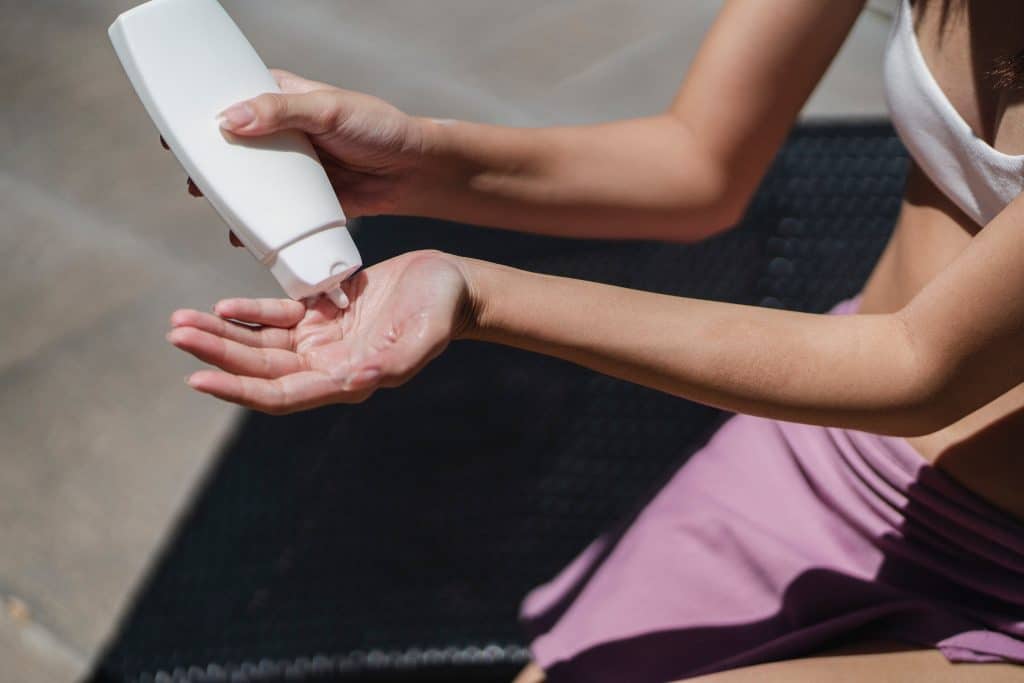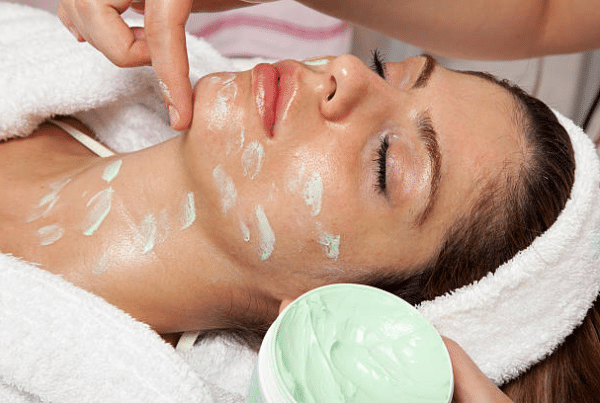
Sunscreen has long been hailed as a vital component of skincare routines, primarily for outdoor activities. However, the question arises: do you need to apply sunscreen indoors? The answer may surprise you.
Understanding Sunscreen
Sunscreen serves as a protective barrier against harmful UV radiation from the sun. It works by either absorbing, reflecting, or scattering the sun’s rays to prevent them from penetrating the skin.
UV Radiation and Its Effects
UV radiation is categorized into UVA, UVB, and UVC rays. While UVC is mostly absorbed by the Earth’s ozone layer, UVA and UVB rays can cause significant damage to the skin, leading to sunburn, premature aging, and even skin cancer.
Indoor UV Exposure
Contrary to popular belief, UV radiation can penetrate through windows, exposing individuals to its harmful effects even indoors. Sources such as fluorescent lights and electronic devices also emit low levels of UV radiation.
Benefits of Wearing Sunscreen Indoors
Applying sunscreen indoors offers protection against incidental UV exposure, which can accumulate over time and contribute to skin damage. Additionally, consistent sunscreen use indoors helps prevent premature skin aging caused by UV radiation.
Expert Recommendations
Dermatologists unanimously advise the use of sunscreen indoors as part of a comprehensive skincare regimen. Consistency is key, regardless of whether you’re indoors or outdoors, to maintain optimal skin health.
Common Myths Debunked
One common myth is that sunscreen is unnecessary indoors. However, UV radiation can penetrate through windows, making sunscreen essential for indoor protection. Another myth is that glass blocks UV rays entirely, which isn’t accurate as UV radiation can still pass through.
Choosing the Right Sunscreen
When selecting sunscreen for indoor use, opt for a broad-spectrum formula with an SPF of 30 or higher. This ensures protection against both UVA and UVB rays, safeguarding your skin from potential harm.
Tips for Indoor Sunscreen Use
Apply sunscreen indoors as part of your morning skincare routine and reapply every two hours if you’re exposed to sunlight through windows. Additionally, consider using protective clothing and accessories for added defense against UV radiation.
Alternatives to Sunscreen
If you prefer alternatives to traditional sunscreen, consider wearing UV-blocking clothing and accessories or installing UV-blocking window films to reduce indoor UV exposure.
How often should I apply sunscreen indoors?
Apply sunscreen indoors every morning and reapply every two hours if exposed to sunlight through windows.
Can I use the same sunscreen indoors as outdoors?
Yes, you can use the same sunscreen indoors and outdoors for consistent protection against UV radiation.
Will wearing sunscreen indoors make my skin oily?
Look for non-comedogenic sunscreen formulas to avoid clogging pores and causing excess oiliness.
Do I need to reapply sunscreen if I’m indoors all day?
If you’re indoors all day without exposure to sunlight, reapplying sunscreen may not be necessary unless near windows or under artificial UV sources.
Can I skip sunscreen if I’m sitting away from windows indoors?
While sitting away from windows reduces UV exposure, incidental exposure from indoor lighting and electronic devices still warrants sunscreen application for comprehensive protection.
Conclusion
The necessity of applying sunscreen indoors cannot be overstated. Despite being indoors, exposure to UV radiation remains a concern, making consistent sunscreen use essential for maintaining healthy and youthful-looking skin.
 5 6 1 . 8 1 0 . 0 5 5 5
5 6 1 . 8 1 0 . 0 5 5 5 








